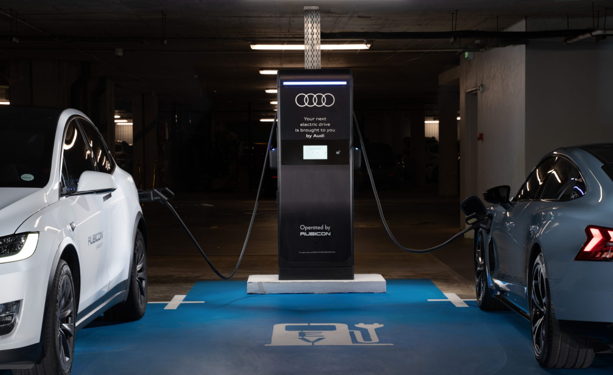Surge in EV Charging Demand
South Africa witnessed a significant uptick in electric vehicle (EV) charging activity in 2023, signaling a burgeoning interest in sustainable transportation solutions. Rubicon Group, a prominent EV charging station provider, reported a substantial increase in usage across its network, reflecting the growing adoption of EVs in the country.
Expanding Charging Infrastructure
Rubicon Group, known for distributing Tesla Powerwall and Tesla Wall Connector home EV chargers, operates as the country’s second-largest public charging station provider. With 68 public charging stations strategically located along major routes, shopping centers, and accommodation hubs, Rubicon has been instrumental in enhancing EV charging accessibility. These stations offer a range of charging speeds, including 25kW, 50kW, 75kW, 100kW, and 150kW, catering to diverse EV charging needs.
Rising Transaction Volumes
In 2023, Rubicon recorded a notable surge in charging sessions at its public stations, totaling 2,125 sessions. An additional 14 stations installed at dealerships of EV manufacturers like Audi and Volvo facilitated 2,694 charging sessions. The increasing demand for EV charging services is evidenced by a steady rise in transaction volumes throughout the year, culminating in a substantial revenue boost for Rubicon.
Meeting Growing Demand
As EV sales continue to soar, Rubicon anticipates a surge in charging station demand. The company plans to expand its network to 250 stations by the end of 2024, ensuring widespread accessibility for EV owners across the country. Moreover, Rubicon is collaborating with a major vehicle manufacturer to introduce advanced DC chargers equipped with integrated backup storage capacities, enabling charging during power outages.
Addressing Potential Shortages
Despite the rapid expansion of EV charging infrastructure, concerns about potential shortages have emerged. Greg Blandford, Rubicon’s energy and e-mobility director, highlights anecdotal evidence suggesting an impending shortage of charging stations. To mitigate this challenge, Rubicon is proactively expanding its network and enhancing charging capacity to meet the escalating demand for EV charging services.
Conclusion
Rubicon Group’s efforts to expand and enhance South Africa’s EV charging infrastructure reflect a growing commitment to sustainable mobility solutions. As EV adoption accelerates, robust charging networks are essential to support the transition towards cleaner transportation. By investing in infrastructure expansion and technological innovation, Rubicon aims to play a pivotal role in powering South Africa’s electric vehicle revolution.





